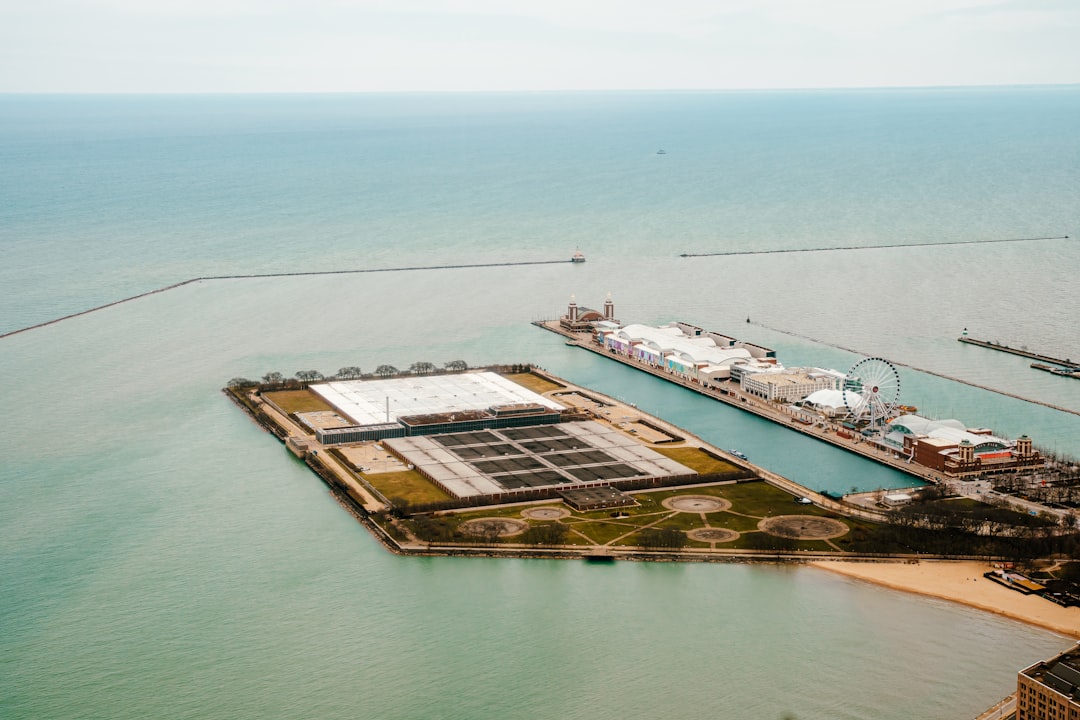Spam calls from law firms and businesses are a significant problem in Illinois, causing distress and hindering local engagement. The state has robust spam call laws enforced by the DFPR, offering residents protection and legal recourse through 'Do Not Call' lists and specialized law firms. Local leaders play a vital role in educating communities about these laws and advocating for stricter enforcement, including enhanced caller ID technologies and public awareness campaigns. Collaborative efforts between local governments, law enforcement, and telecom companies are key to effectively tackling spam calls, creating a peaceful communication environment for Illinois residents.
In Illinois, spam calls remain a persistent nuisance, impacting residents’ quality of life. This article delves into the multifaceted role local leaders play in combating this issue. We explore Illinois’ robust spam call prevention laws and how legal firms contribute to public awareness. Local leaders orchestrate community education initiatives, implement effective mitigation strategies, and foster partnerships to create a collaborative approach. By understanding these dynamics, we can enhance efforts to safeguard Illinois residents from unwanted calls, ensuring a quieter, more peaceful environment.
Understanding the Impact of Spam Calls in Illinois

Spam calls have become a persistent and frustrating issue for residents of Illinois, affecting millions across the state. These unwanted phone calls, often from law firms or other businesses, can be more than just an annoyance; they are a significant disturbance to daily life. With the sheer volume of spam calls, many Illinoisans feel overwhelmed and at times, even threatened. This pervasive problem has led to increased stress and anxiety among recipients, who may also experience financial losses due to misinformation or scams.
The impact of spam calls extends beyond individual suffering; it has a collective effect on communities. In Illinois, where community engagement is vital for effective governance, spam calls can disrupt important conversations and initiatives. Local leaders play a crucial role in addressing this issue by raising awareness among residents about the dangers of such calls and advocating for stricter enforcement of existing spam call laws targeting law firms and other persistent ringers.
The Legal Framework: Illinois' Spam Call Prevention Laws

In Illinois, the fight against spam calls has been strengthened by a robust legal framework designed to protect residents from unwanted and fraudulent phone communications. The state’s spam call laws are comprehensive, empowering citizens with various tools to combat this nuisance. These laws not only restrict certain practices but also provide a legal avenue for individuals to take action against persistent spam call law firms operating within Illinois.
The Illinois Department of Financial and Professional Regulation (DFPR) plays a pivotal role in enforcing these regulations, ensuring compliance among telemarketers and call centers. Residents are advised to familiarize themselves with their rights under these laws, which include the ability to register for the Do Not Call list, file complaints against violators, and seek legal recourse when necessary through spam call law firms specializing in such cases.
The Role of Local Leaders in Community Education

Local leaders play a pivotal role in educating their communities about spam calls and the associated legal implications, especially when it comes to law firms in Illinois. By organizing informational sessions, workshops, or town halls, community leaders can help residents understand the state’s spam call laws and the potential consequences of ignoring them. These educational initiatives empower citizens to take proactive measures against unwanted telephone marketing, such as registering their numbers on the “Do Not Call” lists or reporting suspicious calls to relevant authorities.
Through these efforts, local leaders foster a culture of awareness and responsibility among residents. By engaging with community members, they can dispel misconceptions about spam calls, clarify legal rights and obligations, and encourage ethical business practices. Such initiatives not only help in reducing the volume of spam calls but also ensure that Illinois residents are protected under the state’s stringent anti-spam legislation.
Strategies for Effective Spam Call Mitigation

Local leaders play a pivotal role in mitigating spam calls within Illinois, especially targeting law firms that often become common sources of nuisance calls. Effective strategies include implementing strict do-not-call lists and enforcing existing spam call laws. By collaborating with telecommunications providers, local governments can enhance caller ID technologies to accurately identify and block spammer numbers. Furthermore, public awareness campaigns can educate residents on reporting suspicious calls and the importance of not engaging with spammers, significantly reducing unwanted phone traffic.
Regular community meetings and workshops can empower citizens to stay informed about emerging spamming techniques and share best practices for call filtering. Local leaders should also explore partnerships with legitimate businesses and law firms to establish industry-specific guidelines and protect consumers from false or misleading marketing calls. These collaborative efforts can create a robust defense against spam calls, ensuring Illinois residents enjoy a quieter and more peaceful communication environment.
Building a Collaborative Approach: Partnerships and Resources

Local leaders play a pivotal role in combating spam calls, particularly in areas like Illinois where residents often face an influx of unwanted telemarketing. Building a collaborative approach is essential to effectively tackling this issue. Partnerships between local governments, law enforcement agencies, and telecommunications companies are game-changers. By joining forces, these entities can pool their resources, expertise, and data to identify patterns and sources of spam calls. This collaborative effort enables the development of tailored strategies to disrupt and prevent such activities, ensuring a safer and more peaceful environment for Illinois residents.
Such partnerships facilitate information sharing and enable the creation of robust systems to track and trace spam call origins. Local leaders can leverage these resources to educate communities about the laws and regulations pertaining to spam calls, empowering residents with knowledge to take proactive measures. This collective action not only helps in curbing the problem but also fosters a sense of community engagement, where everyone plays a part in maintaining a quiet and peaceful living space, free from unwanted interruptions.






